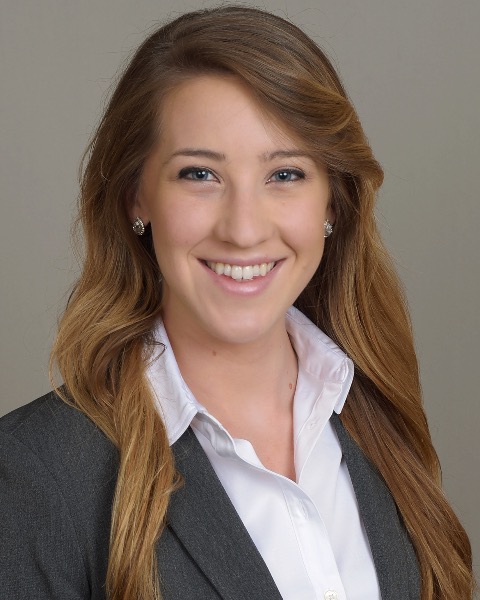Hospital Medicine 4: Medical Education
Session: Hospital Medicine 4: Medical Education
155 - Enhancing Pediatric Hospital Medicine Training: Assessing Faculty Needs for Advocacy Curriculum Development
Sunday, April 27, 2025
8:30am - 10:45am HST
Publication Number: 155.4754
Roxana Guggenmos, Phoenix Children's Hospital, Phoenix, AZ, United States; Nehal Thakkar, Phoenix Children's Hospital, Phoenix, AZ, United States; Nirmala P.. Narla, Phoenix Children's Hospital, Phoenix, AZ, United States; Erin Frank, UH Rainbow Babies & Children's Hospital, Cleveland, OH, United States; Lucia Mirea, Phoenix Children's, Phoenix, AZ, United States; Abby Nerlinger, NemoursAlfred I. duPont Hospital for Children, Wilmington, DE, United States; Elizabeth Oddo, Medical University of South Carolina College of Medicine, Charleston, SC, United States; Andrew Ritchey, Phoenix Children's Hospital, Mesa, AZ, United States; Nicole E. Webb, Kaiser Permanente Oakland Medical Center, Berkeley, CA, United States; Daniel C. Williams, MUSC, Mount Pleasant, SC, United States; Emily Hopkins, Baylor College of Medicine/Texas Children's Hospital, Houston, TX, United States

Roxana Guggenmos, DO (she/her/hers)
Fellow
Phoenix Children's Hospital
Phoenix, Arizona, United States
Presenting Author(s)
Background: Advocacy is an important component of effective pediatric practice and scholarship. Many fellowships, including pediatric hospital medicine (PHM), now include advocacy as a core competency; however, this remains poorly defined and implemented. Dedicated inpatient advocacy education may influence health outcomes, as hospitalizations often reflect underlying health disparities. Yet, no national consensus exists regarding the content of advocacy curricula in the care of hospitalized pediatric patients.
Objective: The primary objective of this study is to examine perceived needs and barriers to provision of advocacy curricula for PHM fellows among program leaders. A secondary objective is to evaluate association of program characteristics with perceived needs/barriers in design and implementation of advocacy curricula.
Design/Methods: This is a cross-sectional, IRB-approved study of PHM fellowship program leaders in North America. A survey was designed and piloted by content experts using REDCap. Questions assessed program demographics, advocacy offerings, perceptions of adequacy, and needs/barriers in curricula design/implementation. Summary statistics were used to analyze multiple-choice responses. Associations between program characteristics and perceived barriers were tested using Fisher’s exact test. Free text responses were included in thematic analysis of emergent themes.
Results: Sixty-four of seventy-eight programs (82.1%) responded with varied completion. The majority (89%) reported interest in advocacy among prospective trainees; yet only 41% stated that current advocacy training adequately prepares fellows to advocate for children (Figure). While updated PHM milestones were described as beneficial in guiding curricular design, a greater proportion of programs expressed benefit from additional guidance (Table 1). Desired guidance included sample curriculum, goals and objectives, and national collaboration. The top cited barrier in provision of advocacy training was faculty/staff expertise (Table 2). State politics were the most cited level of politics influencing training. There were no statistically significant associations between program region, duration, years of experience of program leadership, or years program has been established and barriers cited.
Conclusion(s): PHM program leaders support the need for advocacy curriculum. Nationally, respondents broadly report inadequacy in current advocacy-focused education for trainees, largely limited by perceived lack of staff expertise in this domain. Programs would benefit from structured guidance in advocacy curricula design.
Figure: Subjective Perceptions from Program Leadership
Figure- Subjective Perceptions from Program Leadership.jpeg
Table 1: Program Perceptions Regarding Curricula
Table 1- Program Perceptions Regarding Curricula.jpeg
Table 2: Top Barriers Cited in Provision of Education/Training Offerings
Table 2- Top Barriers Cited.jpeg

